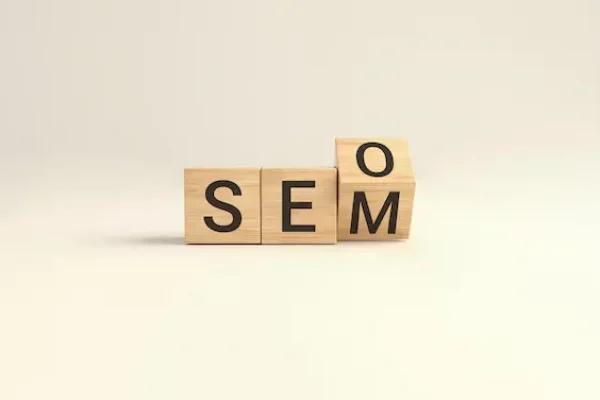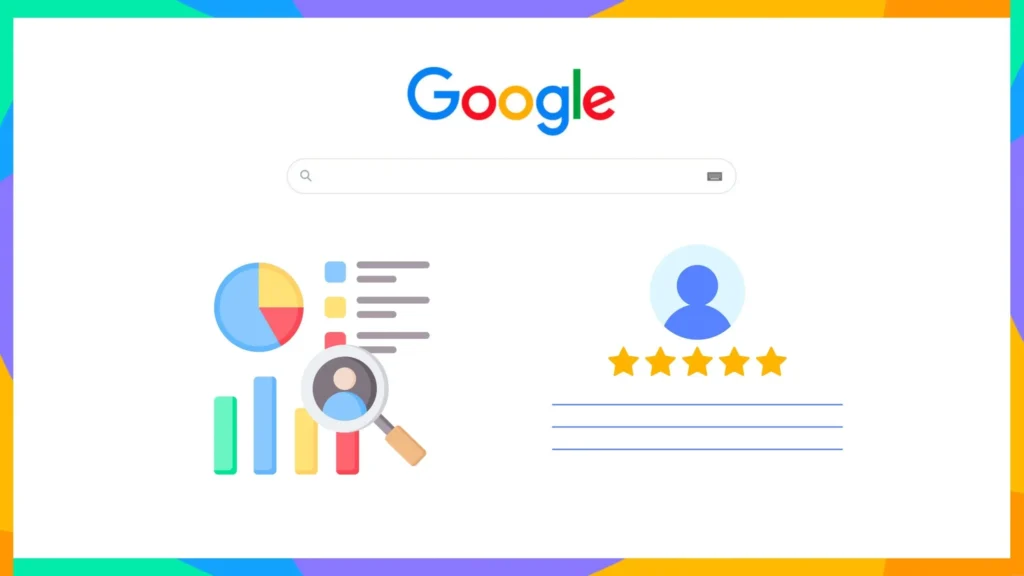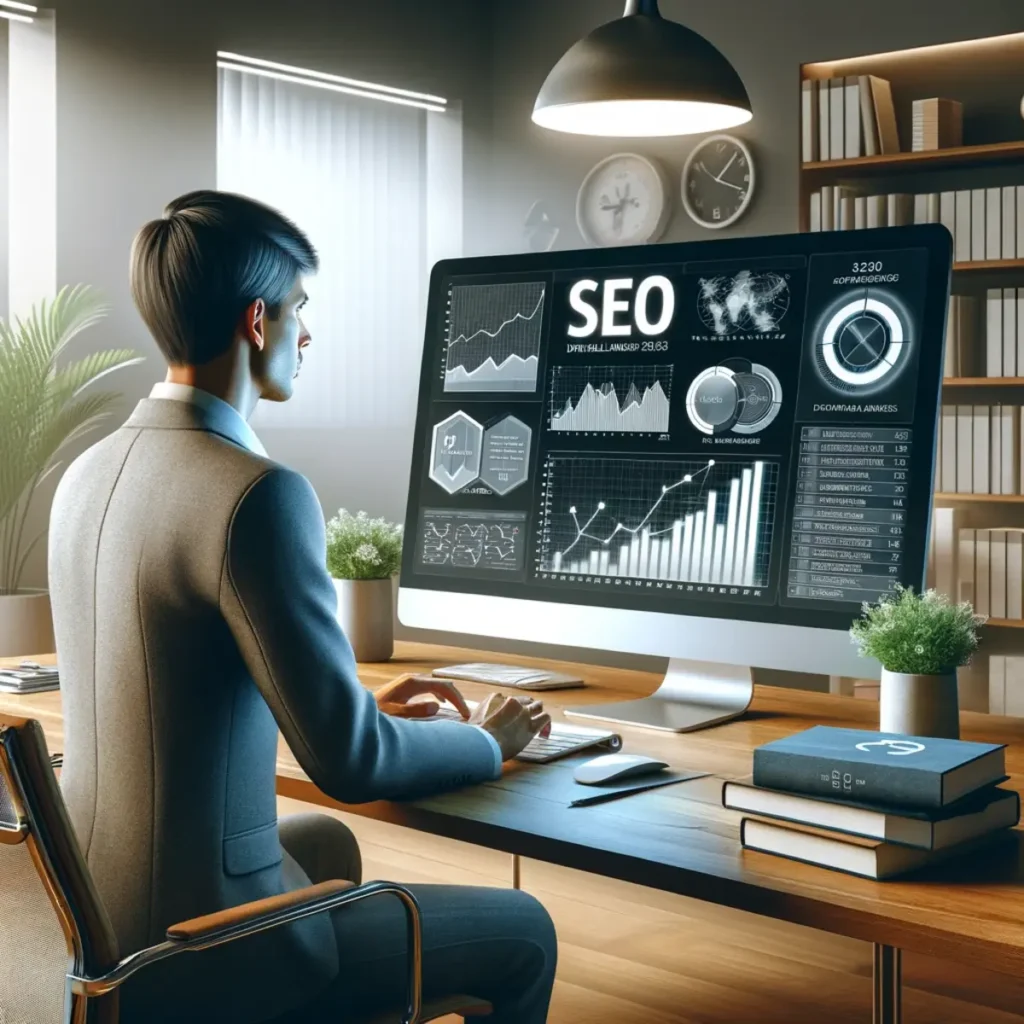Have you ever wondered what sets SEO apart from SEM? This is a common question among business owners and marketers aiming to maximize their online presence. Understanding these two crucial aspects of digital marketing can be a game-changer for your strategy.
SEO vs SEM: Main Features
SEO and SEM are two crucial components of digital marketing, each with distinct features and benefits. While SEO focuses on improving organic search rankings through optimizing website content and structure, SEM involves paid advertising strategies to increase visibility on search engine results pages.
What Is SEO?
SEO, or Search Engine Optimization, is a set of strategies aimed at improving your website’s visibility on search engines like Google.
The goal of SEO is to attract organic (unpaid) traffic to your site by achieving higher rankings on search engine results pages (SERPs). SEO encompasses three main components: on-page SEO, off-page SEO, and technical SEO.
On-page SEO involves optimizing individual web pages to rank higher and earn more relevant traffic. This includes elements like keyword optimization, content quality, and HTML source code. For example, using targeted keywords in your content, headings, and meta descriptions helps search engines understand the relevance of your pages to user queries.
Off-page SEO focuses on actions taken outside your website to impact your rankings within SERPs. The most important aspect of off-page SEO is link building, which involves acquiring backlinks from other reputable websites. These backlinks act as votes of confidence, indicating to search engines that your site is trustworthy and authoritative.
Technical SEO refers to optimizing your website’s infrastructure to help search engines crawl and index your site more effectively. This includes improving site speed, ensuring mobile-friendliness, creating an XML sitemap, and using HTTPS for secure connections. Technical SEO is crucial for providing a seamless user experience and helping search engines understand your site’s structure.
Why Is SEO Important in Digital Marketing?
SEO is essential because it targets quality traffic and is a cost-effective strategy in the long run. Unlike paid advertising, organic traffic doesn’t incur direct costs per click. High rankings on SERPs increase your site’s visibility and credibility, leading to more traffic and potential conversions.

How Does SEO Work?
SEO works by aligning your website’s content and structure with the factors that search engines use to rank pages. Here are some key SEO techniques:
- Keyword Research: Identifying the terms and phrases that potential customers use to search for your products or services. Tools like Google Keyword Planner or Ahrefs can help you find relevant keywords with high search volume and low competition.
- Content Optimization: Creating high-quality, valuable content that answers users’ queries and incorporates targeted keywords naturally. This includes blog posts, product descriptions, and landing pages. Well-structured content with clear headings and engaging multimedia can significantly boost your rankings.
- Link Building: Acquiring backlinks from other authoritative websites. This can be done through guest blogging, creating shareable infographics, or reaching out to industry influencers. High-quality backlinks signal to search engines that your site is a reliable source of information.
- Technical Improvements: Enhancing your website’s backend structure to improve crawlability and indexability. This includes optimizing page load times, ensuring mobile responsiveness, fixing broken links, and using structured data markup to help search engines understand your content better.
What Are the Benefits of SEO?
SEO offers several long-term benefits:
- Long-term Results: Unlike paid advertising, which stops bringing in traffic once you stop paying, SEO provides sustained visibility and traffic over time.
- Cost-effectiveness: While SEO requires an initial investment in time and resources, it’s generally more affordable in the long run compared to ongoing paid campaigns.
- Increased Organic Traffic: High rankings on SERPs lead to more organic traffic, which is highly valuable as it consists of users actively searching for information related to your offerings.
- Enhanced User Experience: SEO practices such as improving site speed and mobile usability not only help search engines but also provide a better experience for your visitors, leading to higher engagement and conversion rates.
What Is SEM?
SEM, or Search Engine Marketing, is a broader term that encompasses various strategies to increase a website’s visibility on search engines through paid advertising.
The most common form of SEM is Pay-Per-Click (PPC) advertising, where advertisers pay a fee each time one of their ads is clicked. Platforms like Google Ads and Bing Ads are widely used for SEM campaigns.
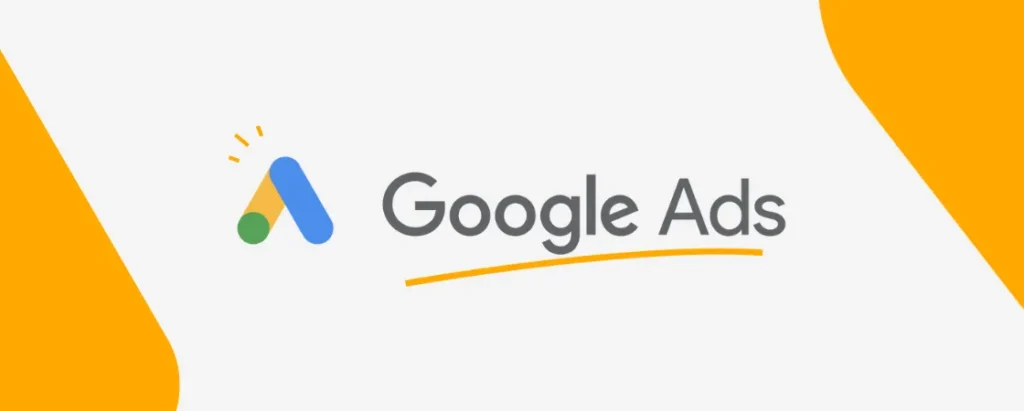
How Does SEM Work?
SEM works by targeting specific keywords that potential customers are searching for and displaying ads at the top of the SERPs. Here’s a breakdown of key SEM techniques:
- Keyword Bidding: Advertisers bid on keywords they want their ads to appear for. The bid amount influences the ad’s placement on the search results page. Higher bids can lead to better ad positions, but ad relevance and quality also play significant roles.
- Ad Copy Optimization: Crafting compelling ad copy that attracts clicks and drives conversions. Effective ad copy includes a clear headline, a concise description, and a strong call to action. Ad extensions, such as site links and call buttons, can enhance the ad’s visibility and effectiveness.
- Target Audience Selection: Defining the target audience based on demographics, location, interests, and search behavior. This helps in displaying ads to users who are most likely to convert, thereby improving the ROI of the campaigns.
Why Is SEM Important in Digital Marketing?
SEM is crucial for businesses looking to gain immediate visibility and drive targeted traffic quickly. It complements SEO by providing a fast-track route to the top of the SERPs, especially for competitive keywords where organic ranking might take longer. SEM is highly measurable, allowing businesses to track performance and adjust strategies in real-time to maximize ROI.
What Are the benefits of SEM?
SEM offers several advantages:
- Immediate Results: Unlike SEO, which can take months to show results, SEM provides instant visibility. Ads appear at the top of search results as soon as the campaign goes live, driving immediate traffic.
- High Visibility on Search Engines: SEM ensures that your ads are prominently displayed, increasing the likelihood that potential customers will see and click on them.
- Targeted Advertising: SEM allows for precise targeting, ensuring that your ads reach the right audience at the right time.
This increases the chances of converting visitors into customers.
- Measurable ROI: SEM campaigns provide detailed metrics and analytics, enabling businesses to measure the effectiveness of their ads and optimize for better performance.
You can track impressions, clicks, conversions, and more to understand the return on your investment.
SEO vs. SEM: How Long It Takes to See Results
The time it takes to see results from SEO and SEM varies significantly. SEO is a long-term strategy that can take months to show significant results, while SEM can deliver immediate visibility and traffic.
How Long Does It Take to See Results from SEO?
SEO is often seen as a marathon rather than a sprint. The time it takes to see significant results from SEO can vary widely based on several factors, including the competitiveness of your industry, the quality of your SEO efforts, and the current state of your website.
Generally, it can take anywhere from 3 to 6 months to start seeing noticeable improvements in search engine rankings and organic traffic.
Factors affecting SEO results include:
- Competition: In highly competitive industries, achieving top rankings can take longer because many businesses are vying for the same keywords.
- Keyword Difficulty: Targeting highly competitive keywords will take longer to show results compared to less competitive, long-tail keywords.
- Content Quality: High-quality, relevant content that addresses user intent can speed up your SEO results.
- Backlink Profile: A robust backlink profile from reputable sites can significantly improve your rankings faster.
- Technical SEO: A well-optimized website with fast load times, mobile-friendliness, and good site architecture can accelerate your SEO efforts.
SEO requires a consistent, long-term approach. Regularly publishing high-quality content, optimizing existing content, and building authoritative backlinks are crucial for maintaining and improving your rankings over time.
How Long Does It Take to See Results from SEM?
Unlike SEO, SEM can deliver immediate results. Once your SEM campaign is set up and your ads are live, they can start appearing on search engine results pages almost instantly. This makes SEM an attractive option for businesses looking to drive immediate traffic and conversions.
Factors affecting SEM performance include:
- Ad Quality: High-quality, relevant ads are more likely to achieve better placements and click-through rates.
- Bid Amount: Higher bids can lead to better ad positions, but it’s also essential to manage your budget effectively to ensure a good ROI.
- Targeting: Precise targeting based on demographics, location, and user behavior can enhance the effectiveness of your SEM campaigns.
- Landing Pages: Optimized landing pages that provide a good user experience and match the ad’s intent can improve conversion rates.
With SEM, you have the flexibility to adjust your campaigns in real-time based on performance data, allowing for continuous optimization and better results.
SEO vs. SEM: How Much They Cost?
The costs of implementing SEO and SEM strategies can vary significantly, making it essential to understand them for effective digital marketing budget planning.
SEO generally requires an upfront investment in tools, resources, and expertise but tends to be more cost-effective over time. In contrast, SEM involves continuous expenses for paid advertising but delivers immediate visibility and traffic.
How Much Does SEO Cost?
SEO costs can vary widely depending on the scope and scale of your efforts. While SEO is often considered a more cost-effective strategy in the long run, it does require an initial investment in tools, resources, and expertise. Here are some typical SEO cost components:
- Tools and Software: Investing in SEO tools like Ahrefs, SEMrush, or Moz can help with keyword research, competitor analysis, and performance tracking.
- Content Creation: High-quality content is a cornerstone of SEO. Budgeting for professional content writers or in-house content teams is essential.
- Technical Optimization: This may involve hiring web developers to improve site speed, mobile-friendliness, and overall site structure.
- Link Building: Acquiring high-quality backlinks can be resource-intensive, often requiring outreach efforts and relationship building with other websites.
Ongoing costs include regular content updates, continuous technical improvements, and monitoring performance to adjust strategies as needed.
How Much Does SEM Cost?
SEM costs are more straightforward to calculate since they primarily involve paying for ad placements. The main cost components include:
- Budget for Paid Ads: This includes the amount you are willing to spend on PPC campaigns. The budget can vary based on the competitiveness of your keywords and the desired reach of your ads.
- Cost-Per-Click (CPC): This is the amount you pay each time someone clicks on your ad. Higher competition keywords typically have higher CPC rates.
- Management Fees: If you hire an agency or consultant to manage your SEM campaigns, there will be additional fees for their services.
- Creative Costs: Developing compelling ad copy and visuals may require hiring graphic designers or copywriters.
The advantage of SEM is its scalability. You can start with a small budget and gradually increase it based on the performance and ROI of your campaigns.
SEO or PPC: What to Focus On?
Deciding whether to focus on SEO or PPC depends on your specific goals, budget, and timeline. SEO is a long-term strategy that builds a sustainable online presence, ideal for businesses with a limited budget or those seeking to establish industry authority.
PPC, on the other hand, offers immediate visibility and is perfect for quick results, such as launching a new product or targeting a competitive market. Combining both strategies can maximize your reach and ROI, providing the immediate benefits of PPC while building a robust organic presence through SEO for long-term success.
When to Focus Just on SEO?
Focusing solely on SEO can be beneficial when you have a long-term growth strategy and want to build a sustainable online presence. SEO is ideal if:
- You have a limited budget: SEO can be more cost-effective over time compared to ongoing paid ad campaigns.
- You are in a less competitive niche: Achieving high rankings in less competitive industries can be quicker and easier.
- You aim to establish authority: Consistently producing high-quality content and earning backlinks can help establish your brand as an authority in your industry.
- You seek organic traffic: Organic traffic tends to be more engaged and has higher conversion rates compared to paid traffic.
When to Focus Just on PPC?
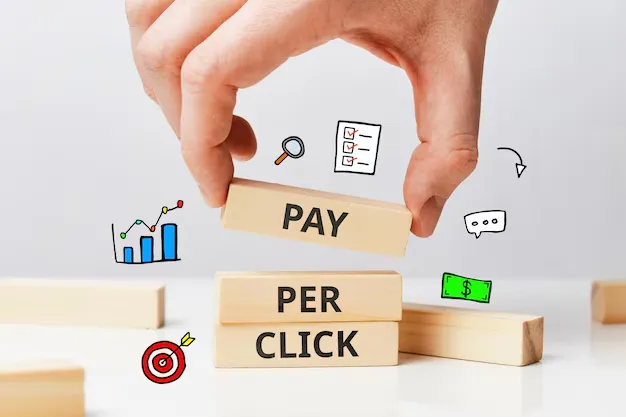
Focusing on PPC is advantageous when you need immediate results and have the budget to support paid advertising campaigns. PPC is ideal if:
- You need quick visibility: PPC can place your ads at the top of search results almost instantly.
- You are launching a new product or service: PPC can quickly drive traffic and generate interest in your new offerings.
- You are in a highly competitive industry: PPC allows you to compete for top positions on search results without waiting for organic rankings to improve.
- You want precise targeting: PPC enables you to target specific demographics, locations, and user behaviors, ensuring your ads reach the most relevant audience.
When To Do Both?
Combining SEO and PPC can provide the best of both worlds, offering immediate visibility while building a long-term organic presence. This approach is ideal if:
- You want to dominate SERPs: Combining both strategies can increase your visibility and credibility by appearing in both paid and organic search results.
- You have a comprehensive marketing budget: Allocating resources to both SEO and PPC can maximize your reach and ROI.
- You aim for both short-term and long-term results: PPC can drive immediate traffic and conversions, while SEO builds a sustainable foundation for future growth.
- You seek to gather data for SEO: PPC campaigns provide valuable insights into keyword performance, user behavior, and conversion rates.
How Do I Measure the Success of SEO and SEM Campaigns?
Measuring the success of your SEO and SEM campaigns is crucial to understanding how well they are working and what improvements might be needed.
For SEO, success is typically measured by:
- Organic Traffic Growth: This refers to the number of visitors coming to your website from unpaid search results. An increase in organic traffic indicates that your SEO efforts are helping more people find your site.
- Improved Search Engine Rankings: Tracking the rankings of your target keywords on search engines. Higher rankings mean better visibility and more potential traffic.
- Increased Conversions from Organic Search: This looks at how many visitors from organic search results are completing desired actions on your site, such as making a purchase or signing up for a newsletter.
For SEM, success is often measured by:
- Click-Through Rates (CTR): This is the percentage of people who click on your ad after seeing it. A higher CTR indicates that your ad is appealing and relevant to the audience.
- Cost-Per-Click (CPC): This measures how much you pay each time someone clicks on your ad. Lower CPC means you’re getting more value for your advertising spend.
- Conversion Rates: This measures the percentage of ad clicks that result in a desired action, such as a sale or lead. Higher conversion rates indicate that your ads are effective at driving the right actions.
- Return on Ad Spend (ROAS): This calculates the revenue generated from your ad campaigns compared to the cost of the ads. A higher ROAS indicates a more profitable campaign.
Both SEO and SEM require continuous monitoring and optimization. For SEO, this might mean regularly updating content, building new backlinks, and improving site performance. For SEM, it involves adjusting bids, refining ad copy, and targeting the right audience to improve performance and reduce costs. By regularly measuring these metrics, you can make informed decisions to enhance your digital marketing efforts and achieve your business goals.
Can Small Businesses Benefit from SEO and SEM?
Absolutely. Small businesses can benefit greatly from both SEO and SEM, each offering unique advantages that can help them grow and compete with larger companies.
SEO, or Search Engine Optimization, is a powerful tool for building a long-term online presence. By optimizing your website for search engines, you can improve your rankings in organic search results. This means that when potential customers search for products or services related to your business, they’re more likely to find your website.
For small businesses, local SEO is especially important. Local SEO focuses on optimizing your online presence to attract more business from relevant local searches. By including your location in keywords, creating a Google My Business profile, and encouraging customer reviews, you can attract local customers who are looking for services nearby.
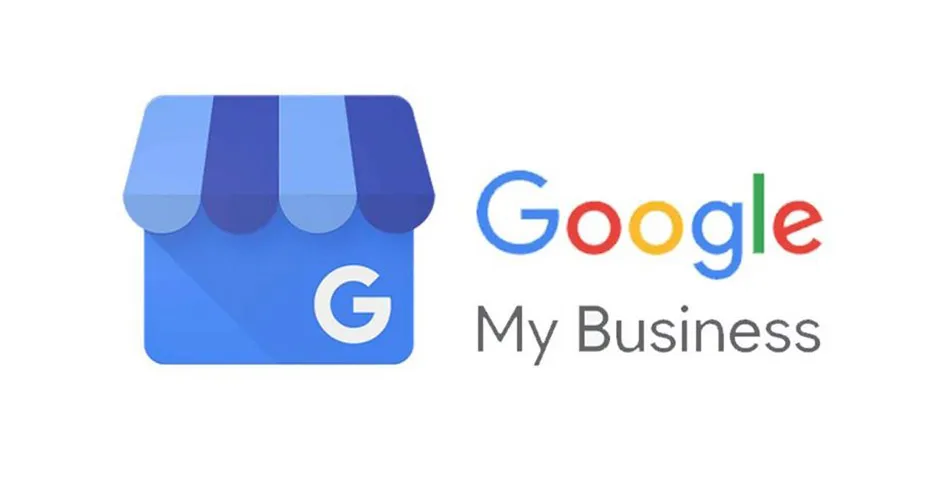
On the other hand, SEM, or Search Engine Marketing, can provide immediate visibility and drive traffic to your website, even if you have a smaller budget. SEM involves paid advertising, such as Pay-Per-Click (PPC) ads, that appear at the top of search engine results.
Leverage Expert SEO and SEM Services with Index365
Both SEO and SEM offer unique advantages that, when combined, can substantially boost your online presence. However, mastering these strategies can be both intricate and time-consuming.
Are you ready to elevate your digital marketing efforts? Reach out to us today and learn how Index365 can empower your business to achieve remarkable online success. Discover the difference expert guidance can make in transforming your digital footprint. Contact us now and take the first step towards unparalleled growth and visibility.
